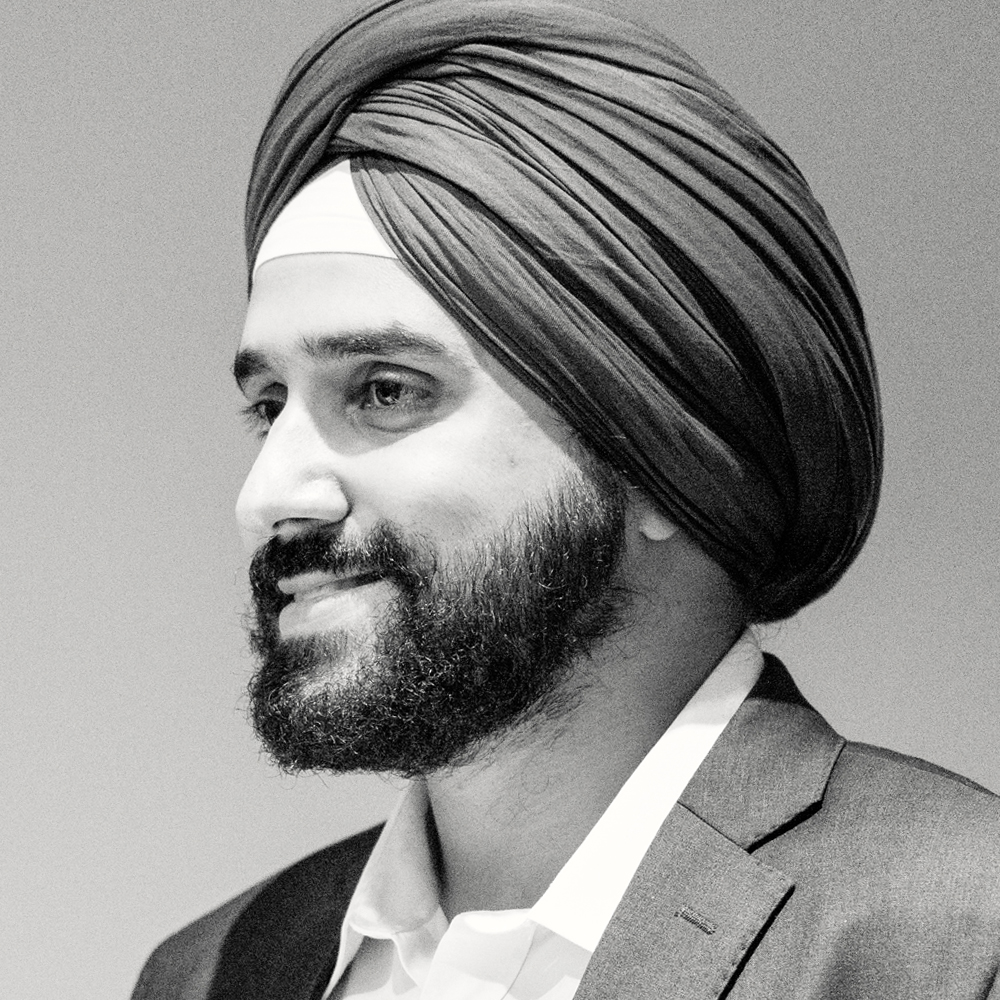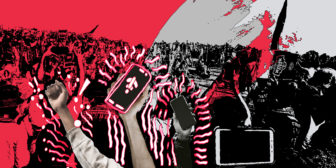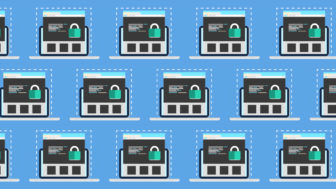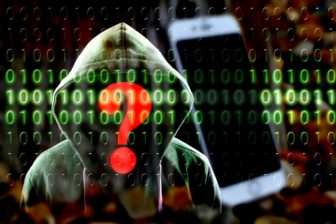
Raman Jit Singh Chima
Asia Policy Director, Senior International Counsel
Raman Jit Singh Chima serves as Asia Policy Director and Senior International Counsel at Access Now, leading the organisation’s work in protecting an open internet and advancing the rights of users at risk across the region. He is a founding volunteer with the SaveTheInternet.in Net Neutrality Coalition and assisted the legal team involved in the Supreme Court of India’s landmark Shreya Singhal v. Union of India judgment on internet free speech. Prior to this, he served as Policy Counsel and Government Affairs Manager with Google based in Delhi across 2010-2014 and advised government, industry bodies and academia on technology policy issues. He is an India qualified lawyer enrolled with the Bar Council of Delhi and clerked for Justice V.S. Sirpurkar of the Supreme Court of India, in addition to training with India’s National Judicial Academy and National Human Rights Commission. Raman has studied internet regulation as an independent research fellow with the Sarai programme of the Centre for the Study of Developing Societies, and contributed to Freedom House’s inaugural Freedom on the Internet report in 2009. He holds a Bachelors in Arts and Law (Honours) from the National Law School of India University, Bangalore, where he was Chief Editor of the Indian Journal of Law and Technology.







